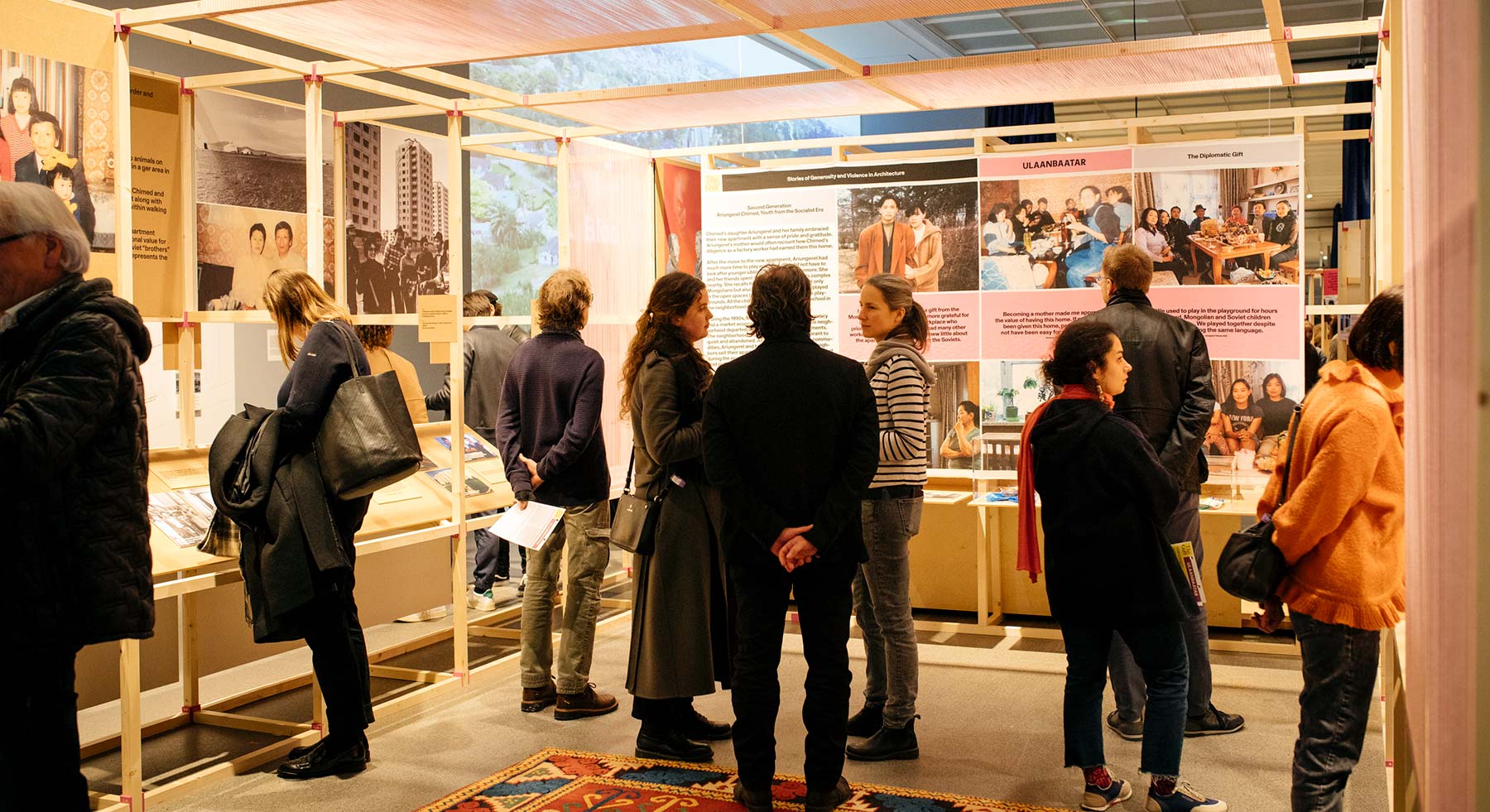Urban Planning Students Earn Rackham Centennial Fellowship Award

In celebration of the Graduate School’s 100th anniversary, the Rackham Graduate School awarded its Centennial Fellowship Award for 2013. Taubman College is pleased to announce that Ibarra Albizu, Patrick Cooper-McCann, Nelida Escobedo Ruiz, Ian Trivers, and David Weinreich of the Urban and Regional Planning program have been selected to receive the 2013 Rackham Centennial Fellowship Award.
This year, 218 PhD students from across campus applied for the award which is designed to enable graduate students enrolled in a Rackham program to work on research, scholarly, or creative projects in collaboration with faculty mentors during the Spring/Summer 2013. Award recipients will receive a $6,000 fellowship stipend to cover living expenses for the 2013 Spring/Summer term.
Following are brief descriptions of the proposals submitted and describes the research they will be working on during the 2013 Spring/Summer term:
Elsa Ibarra Albizu
Project Title: Re-Imaging Madrid Río
Description: This paper proposes an urban study of the physical planning and urban design project of “Madrid Río” as it relates to economic, environmental and social justice benefits. The study addresses the question of why the newly created public spaces by this project are less successful in the depressed neighborhood of Usera.
Patrick Cooper-McCann
Project Title: Urban Triage: Planning for Decline in 1970s Cleveland and St. Louis
Description: This paper investigates the origins of “urban triage,” a controversial planning policy, first proposed in St. Louis in 1974 and Cleveland in 1975, that called for shifting community development resources away from urban areas experiencing severe decline in favor of “middle” areas experiencing only slight decline, with the goal of stabilizing the greatest part of the city with the least resources. Similar policies are being proposed today in response to enduring population loss and fiscal crisis in cities like Youngstown, Flint, and Detroit, but few contemporary planners are aware of the previous cases or the body of planning literature that arose in response to them. Using planning records, newspaper accounts, and interviews with planners involved in the cases, this paper defines and analyzes the logic of urban triage through the cases of Cleveland and St. Louis, situating the policy as a response to a deepening fiscal and urban crisis, cutbacks in federal aid, and the transition from categorical federal grants to block grants. It also places urban triage in the context of a broader dialogue on urban shrinkage that took place between the 1970s and 1980s, analyzing the contextual and political factors that affected the willingness of planners, politicians, and the public to consider or reject planning for shrinkage rather than growth.
Nelida Escobedo Ruiz
Project Title: Regional Planning in Mexico’s Coast: A Case Study of Sayulita
Description: The coastal tourism industry in Mexico presents a paradoxical development. Government policies aim to increase the investment in tourism for the benefit of the national economy and to reduce social inequalities. However in reality, the lack of comprehensive planning causes patch-like development where communal lands are bought by developers below market prices and then resold to foreign investors at exorbitant prices. This research aims to identify practices of most concern in Sayulita, a town within the Puerto Vallarta region along Mexico’s Pacific Coast, which ultimately will inform regional planning and support the advocacy work of community-based organizations aiming to preserve the livelihoods of current and future generations.
Ian Trivers
Project Title: Conceptualizing Best Practices in the Physical Redevelopment of Distressed, Shrinking Cities: contexutalism and the traveling idea
Description: The project seeks to look critically at the intersection of two current topics in urban planning: the physical redevelopment of shrinking cities and the concept of “best practices”. How do these traveling ideas influence choice, construction and legitimization of interventions in the built environment? It aims to reevaluate the logic of best practices and explore the assertion that “[p]olicy-makers need to be offered alternative ways of imagining their cities, their differences and there possible futures”.
David Weinreich
Project Title: Equitable Access Through Regional Public Transportation
Description: When funding decisions for regional infrastructure like transportation are left up to individual local governments, with no incentive to coordinate their priorities, the final result is traffic at the county line, more transfers, and a public transit system that makes it hard for those who can’t afford a car to get where they need. The project will seek to develop a nuanced understanding of some of the political processes that have tried to bridge these divisions by funding multi-county transit services through a joint regional agreement. Understanding the processes that allowed such agreements to come about may provide a theoretical framework for regional decision-making that could be useful for making transportation planning decisions in spite of the constraints of the current political-financial environment.
Congratulations to the students for earning this distinction. For more information about the Rackham Centennial Fellowship Award, visit the Rackham website.




